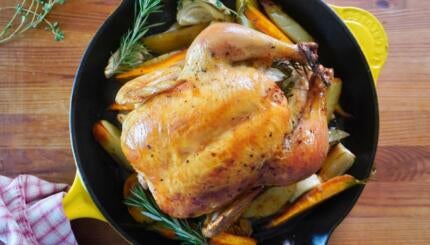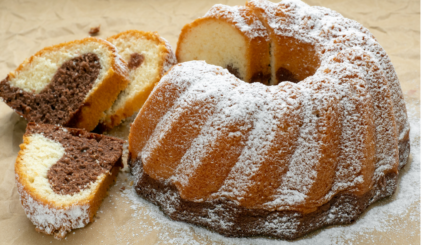Planning a wedding is quite a feat. A fun, exciting, thrilling, crazy feat…but a feat nonetheless. Especially when you’re planning a Jewish wedding — and most especially when you’re planning a Southern Jewish wedding!
Over the past year, as I get closer and closer to my own April wedding date, I’ve learned about this firsthand. Between flowers, hotel blocks, invitations, and all the other details spinning in my head, I am up to my ears in decisions. In addition to the decisions every bride must make before the big day, I have discovered a whole new side of planning a wedding: the Jewish side.
I have always known that I would have a Jewish wedding, but the extra details that go into its planning have become apparent only this year. Below are my top 5 Jewish wedding details, with some Southern twists thrown in for good measure:
1. Sunrise, sunset. Never in my life have I been more obsessed with sunset than I am right now. When does it go down? When can we do Havdalah? When will the more observant guests be able to drive again and participate in activities? How hot is it going to be in the Deep South in April? Time and temperature require a lot of thought…
2. The John Hancocks. Everyone knows that there are certain honors to give to people at a wedding, but even more so in a Jewish wedding. One of the most important honors to give to someone is choosing them to be a witness and sing your ketubah. This process is a tough, but important piece of the planning puzzle – their name will be displayed on your wedding contract forever!
3. #Blessed. In addition to the important task of choosing who will sign the ketubah, there is also to honor of choosing someone (or many someones) to recite the seven blessings at the wedding. Friends? Family? One language? Multiple languages? Oy vey! This decision is quite an important one in planning a Jewish wedding.
4. To kippot or not to kippot, that is the question. There are certain customary pieces of any traditional wedding attire: white dress, veil, and tux. But what about for a Jewish wedding? How should we dress? Are kippot and tallit required, or maybe a full kittel?! For us, the kittel was pretty easy to rule out, but we are still working on the rest of the accessorizing.
5. Let them eat non-dairy cake. Last, but certainly not least, planning food for a Jewish wedding is quite the process. For me, it’s all about balancing the food I love with the food I know my kosher-observant guests can eat. I am asking myself these essential questions: Do I have enough vegetarian options? Are at least some of my meat options without dairy? Do I have enough food without shellfish (like I said… it’s a Jewish wedding, but it’s also a Southern wedding)? Do I have vegetarian meals without dairy so that folks can eat those with the meat dishes? Hopefully….YES!
Planning a Jewish wedding has required me to go above and beyond when it comes to organizational skills. Those are my top 5 essential pieces. For all you other Jewish brides or brides-to-be out there, what are yours?
Jewish food, holidays, Torah, Shabbat, history, blogs and more in your inbox – sign up now!
kittel
Pronounced: KITT-ul, Origin: Yiddish, a white robe that men and some women wear during High Holiday services. White represents the purity we hope to achieve through our prayers on these holy days.



